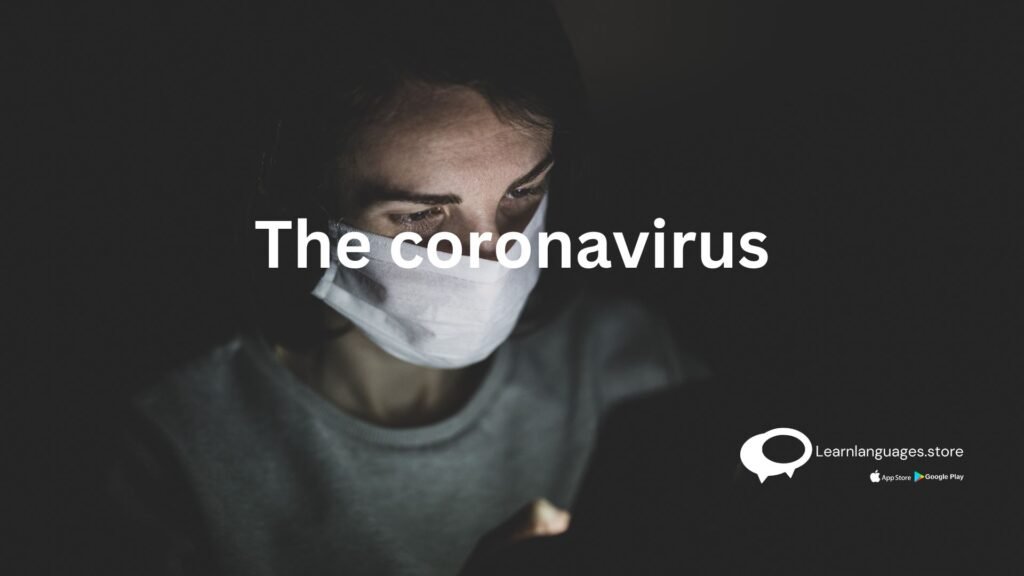Coronavirus: What Can German Universities Do for International Students
Coronavirus: What Can German Universities Do for International Students
For a period of 14 days following their departure from the risk region, anyone who has been residing in an area that the Robert Koch Institute (RKI) has classified as a risk area is not permitted to enroll in any higher education program in Bavaria. It is also conceivable that the other German states will make similar judgments.
Estimated reading time: 3 minutes
Furthermore, the German Academic Exchange Service (DAAD) has declared that individual scholarships for studying in Germany would not be offered for the 2020 summer semester. Those who have already received scholarships and are unable to return to their home countries will receive support. Summer courses at universities have also been canceled for 2020.

Some universities in Germany, more specifically in the states of Bavaria and Baden-Württemberg have postponed the beginning of the summer term until April 20th, 2020. Universities are advised to start thinking about the possibility of online classes since avoiding face-to-face teaching must be considered essential to avoid increasing the number of infected persons in Germany. If classes cannot be postponed, for the time being, universities must focus on delivering quality online lectures.
Being well-informed at this time is consoling, especially for international students. When it comes to university-related matters during the coronavirus, universities are also encouraged to maintain their official pages and websites up to date with the most recent information. Numerous colleges have already updated their websites and FAQ sections with answers to some of the most frequently asked questions by parents, staff, and students. Academic institutions ought to be prepared to offer their students support services, such as phone numbers that students can use to find out more about how the coronavirus will impact their coursework.

Lastly, universities ought to advise their students on how to defend themselves and their peers against the coronavirus, even though information about preventing the virus’s spread is widely available (COVID-19).
- Wash your hands frequently and regularly, at least 20-30 seconds with soap.
- Maintain at least 1 metre (3 feet) distance with people who are coughing or sneezing or showing other flu symptoms.
- Avoid touching your eyes, nose, and mouth with unwashed hands.
- Since droplets spread the virus, respiratory hygiene is crucial. Cover your mouth and nose with a tissue or bent elbow when sneezing or coughing. Afterwards, dispose of the used tissue.
- Clean frequently used/frequently touched objects before using them.
- Seek medical care if you experience symptoms such as fever, cough, or shortness of breath.
In case you are an international student studying in Germany and are wondering if your health insurance will pay for coronavirus treatment, you should be aware that health insurance funds have been paying for coronavirus treatment since February 28, 2020. Medical treatment for the virus is also covered by student-specific private health insurance policies.
Learn Languages Store
Vashi,
Email: services@learnlanguages.store










